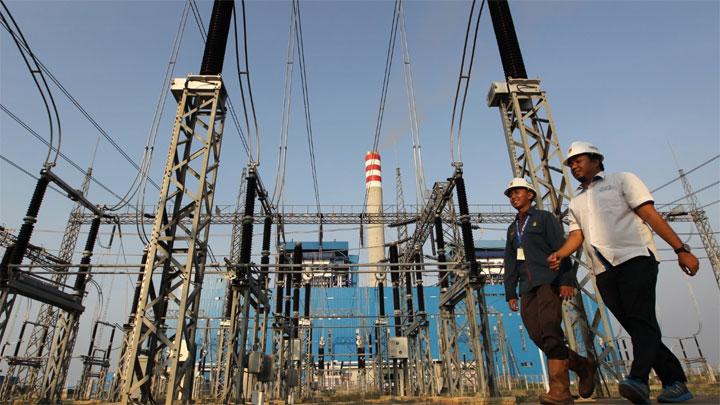Expensive Energy Option
Translator
Tempo.co
Editor
Laila Afifa
Sabtu, 4 April 2020 10:07 WIB

TEMPO.CO, Jakarta - The construction of waste-to-energy power plants in 12 cities has the potential to cause losses for the government and PLN. There are other more profitable business models.
THE government should not allow state electricity company PLN to become a victim of unending profit-seeking. The construction of 12 waste-to-energy power plants (PLTSa) will cause losses for PLN because the state-owned company has to buy electricity for twice the basic purchase price. Regional governments are also losing money because they have to buy processed trash at a fixed price.
For decades, PLN has been forced to buy electricity from private generators at higher prices. It is time the government corrected this type of business model and stopped interfering in PLN’s business in a way that is seemingly good but in fact causes losses for the company. There is nothing wrong with building environmentally friendly power plants, especially if this is an option, as long as these programs take business aspects into account.
The government could be guided by the recommendation from the Corruption Eradication Committee (KPK) which studied the PLTSa business model in 2019. This is part of the coordinating and supervision endeavor to eradicate corruption, which has been undertaken in the electricity sector since 2015. The government must reexamine these projects because they will burden PLN. Ultimately, the government will also have to make up for these losses in the form of a compensation package within the State Budget.
In Presidential Regulation No. 35/2018 on the acceleration of PLTSa project, the government stipulated the construction of PLTSa in Jakarta and 11 other cities. These cities produce the largest amount of waste in Indonesia. This regulation laid down rules for contracts between the government and investors to process the trash as well as agreements for the sale and purchase of electricity between the PLTSa developers and PLN.
Under this scheme, regional governments have to pay investors a tipping fee, the cost of processing waste, of a maximum of Rp500,000 per ton. Meanwhile, PLN is obliged to buy electricity from PLTSa using a 25-year feed in tariff scheme for 13.35 US cents per kilowatt-hour (kWh) for PLTSa with a maximum capacity of 20 megawatts and 14.54 cents for power plants with a capacity of greater than 20 megawatts. In Jakarta, PLN pays 11.8 cents per kWh.
These figures are clearly not included in the PLN’s business calculations. According to the KPK, if this is continued, PLN is certain to make a loss. This burden will eventually fall on consumers in the form of higher electricity tariffs. If PLN is unable to increase these tariffs, the government will have to bear the losses. The best option for the government is to follow the KPK recommendation and abandon the project.
Furthermore, there is another problem, namely the use of waste processing technology that is not environmentally friendly. In Presidential Regulation No. 35/2018, the government does not specify the type of power plant to be used, with the result that a number of regions still use thermal technology, or burning. However, this type of system should no longer be used because of the air pollution it produces. In 2017, the Supreme Court also revoked Presidential Regulation No. 18/2016, which was the basis for the PLTSa project using thermal technology.
If PLN insists on continuing the environmentally friendly power plant project, there are better options from a business sense, namely the processing of pellets or briquettes of trash as fuel for geothermal power plants. This method, known as co-firing, has been tested at four geothermal plants, demonstrating savings for PLN in the cost of buying coal. It is more efficient than building waste-to-energy power plants, which are expensive and only provide opportunities for the entry of rent seekers.
Read the Complete Story in this Week's Edition of Tempo English Magazine




















